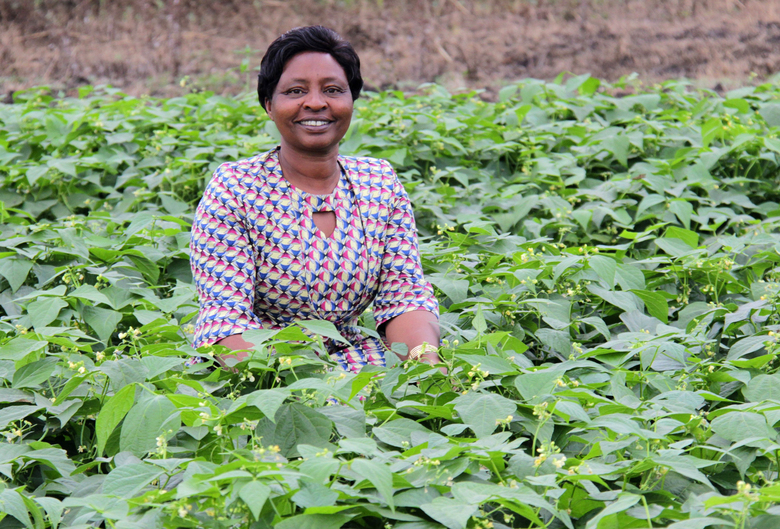- Hits: 10643
New quality based payment regulations to strengthen dairy sector in Kenya and improve farmers’ income
 Fresh regulations by the Ministry of Agriculture to pay dairy farmers based on quality of the milk delivered as opposed to weight by March this year will strengthen the sector and improve the producers’ income.
Fresh regulations by the Ministry of Agriculture to pay dairy farmers based on quality of the milk delivered as opposed to weight by March this year will strengthen the sector and improve the producers’ income.
According to a January this year report on Quality Based Milk Payment Study in Kenya by Irwin Foreman MSc, a dairy industry consultant, only a tiny fraction of Kenya’s milk production is exported due insufficient quality.
The report further indicates that in recent years a number of trade conflicts arose, when regional importing countries (Zambia, Tanzania) rejected products, processed in Kenya on the grounds that Kenya’s raw milk production was not up to the standard.
The quality-based pricing model will be influenced by the amount of butterfat in a kilogramme of raw milk, which should also be free from antibiotics and added water allowing processors to produce premium products like ghee and butter for local and export markets.
RELATED NEWS: Nyeri processor increases milk intake prices by seven shillings a liter
Livestock Principal Secretary Harry Kimtai says this is in response to milk safety concerns with some produce found to be contaminated with aflotoxin.
“Processors will be paying farmers based on quality as opposed to the quantity to ensure that farmers get the most out of their venture and discourage milk adulteration,” he said.
The current pricing model that relies on the weight of milk and does not fully reward farmers for high-quality husbandry.
The PS also said they are streamlining animal feeds industry to ensure that farmers get quality feeds, which plays an important role in the production of quality milk.
“We have a lot of low quality feeds out there and what we are trying to do is to ensure that there are laws in place to streamline manufacturing of feeds,” said Mr Kimutai.
RELATED NEWS: Government clears the air about claims of contaminated milk in the market
Kenya Dairy Board managing director Margret Kibogy said they would ensure that Kenyans get high-quality milk.
“Some of the things that the regulations will address is the use of recommended containers and the need for pasteurisation of all milk that is dispensed,” she said.
How to improve milk quality
Dairy farmers in the country can keep to the quality standards of milk production both for local and international markets by first keeping good breeds of dairy cows that are high milk producers.
Tis is followed by clean milk production, disease control and facility hygiene which can be achieved by using aluminum containers for milking instead of plastic ones.
RELATED NEWS: Uganda surpass Kenya in milk production by over 1.96 billion litres
Farmers should also regularly test for mastitis so as to control contamination of milk.
Milk intended for consumption should be milked three days after the animals treated with antibiotics and seven days after calving to avoid contamination of milk with colostrums.
Write comment (0 Comments)



 James Ndung'u holding grafted avocado and tree tomato seedlings at his farm in Nyeri County. He also have about 2,000 yam tubers for sale. Photo courtesy.
James Ndung'u holding grafted avocado and tree tomato seedlings at his farm in Nyeri County. He also have about 2,000 yam tubers for sale. Photo courtesy.











